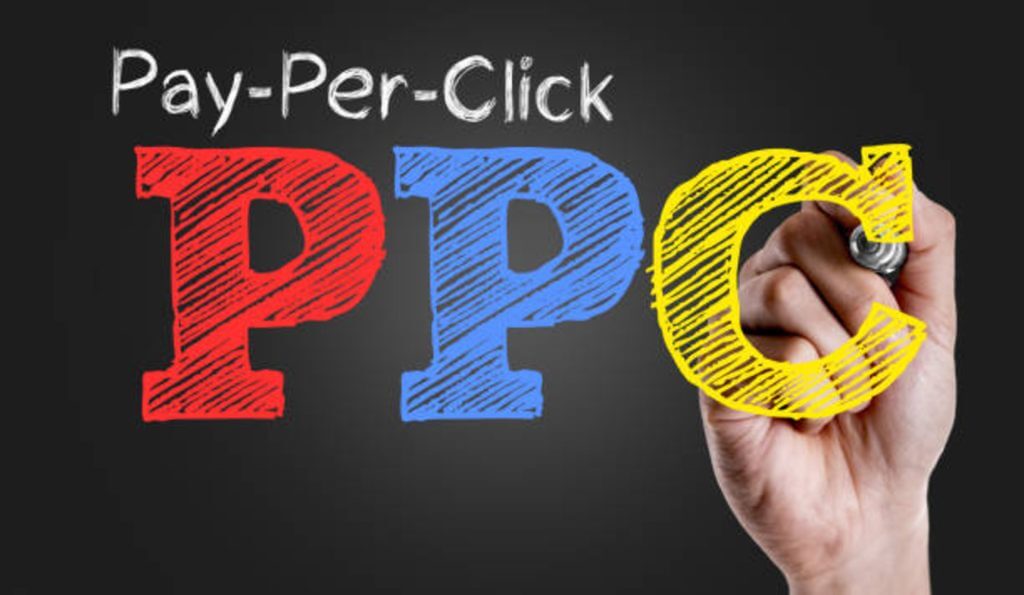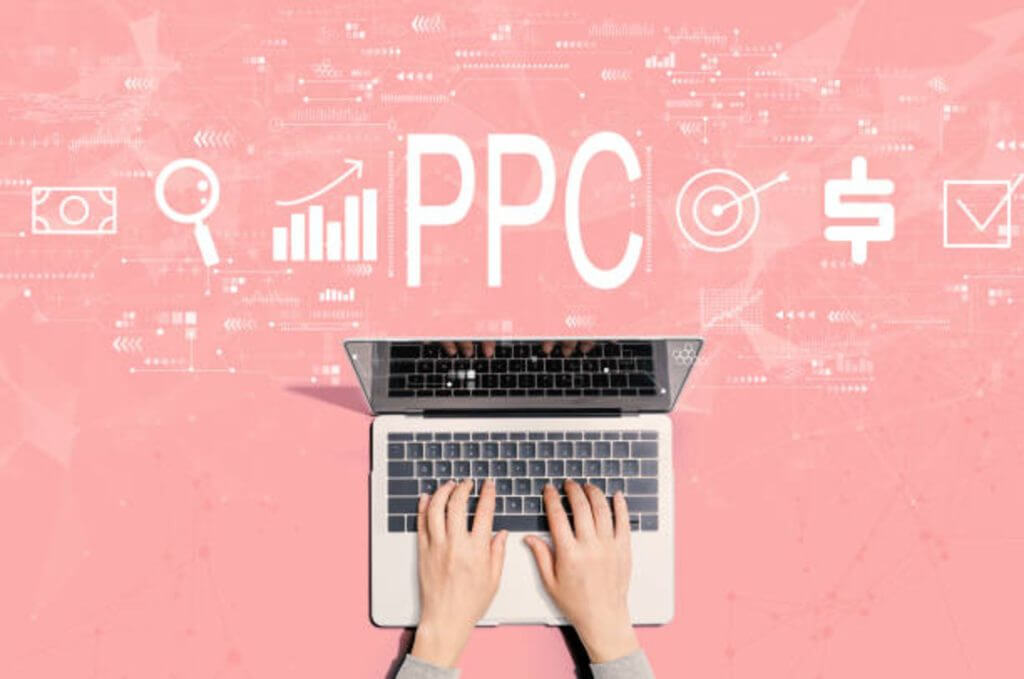
In the fast-paced and competitive world of digital marketing, businesses are continually seeking effective strategies to reach their target audience and maximize return on investment (ROI). Pay-Per-Click (PPC) advertising has emerged as a powerful tool in this regard. This article explores the importance of PPC advertising, its impact on digital marketing, and strategies for businesses to maximize their ROI through this dynamic and results-driven advertising approach.
Understanding PPC Advertising
Pay-Per-Click advertising is a digital marketing strategy in which advertisers pay a fee each time their ad is clicked. It’s an essential component of search engine marketing, most commonly associated with platforms like Google Ads (formerly known as Google AdWords) and Microsoft Advertising (formerly Bing Ads). Here’s how it works:
- Keyword Selection: Advertisers choose relevant keywords that potential customers might use when searching for products or services.
- Ad Placement: Ads are created, including text, images, or multimedia content. These ads are placed on search engines, social media platforms, or other websites.
- Bid Amount: Advertisers set a bid amount, which represents the maximum amount they are willing to pay when a user clicks on their ad.
- Auction System: When a user performs a search or visits a website, an auction occurs. The search engine or platform evaluates the bids, ad relevance, and other factors to determine the ad’s placement.
- Ad Display: If the ad wins the auction, it is displayed to the user. If the user clicks on the ad, the advertiser is charged for the click.
The Importance of PPC Advertising

PPC advertising has become a vital marketing strategy for businesses of all sizes. Here’s why it’s so important in the digital marketing landscape:
1. Instant Visibility:
PPC advertising provides businesses with instant visibility on search engines and other online platforms. It’s particularly valuable for new businesses or product launches.
2. Highly Targeted:
Advertisers can precisely target their audience based on factors such as keywords, location, demographics, and online behavior.
3. Budget Control:
Advertisers have control over their budgets and can set daily or campaign-specific spending limits, ensuring they don’t exceed their financial constraints.
4. Measurable Results:
PPC advertising offers detailed metrics and data, allowing advertisers to measure the performance of their campaigns and adjust strategies as needed.
5. Immediate Impact:
When optimized effectively, PPC campaigns can result in immediate traffic and conversions, making it an ideal strategy for businesses looking to achieve quick results.
6. Enhanced Brand Visibility:
Consistent visibility on search engine results pages (SERPs) can enhance brand recognition and trust.
Impact on Digital Marketing
PPC advertising has a profound impact on the digital marketing landscape. It influences various aspects of marketing strategies and contributes to key marketing objectives:
- Brand Exposure:
PPC advertising enhances brand exposure and awareness by ensuring that the brand’s message is prominently displayed to a relevant audience.
- Traffic Generation:
PPC campaigns drive targeted traffic to websites and landing pages, increasing the number of potential customers.
- Lead Generation:
Effective PPC campaigns can lead to lead generation, which can then be nurtured through other marketing channels.
- Conversion Rate Optimization:
PPC campaigns can be optimized for conversions, whether it’s making a purchase, signing up for a newsletter, or completing a contact form.
- Competitive Advantage:
PPC can provide a competitive advantage by ensuring that the business appears at the top of search results and outperforms competitors.
- Data and Analytics:
PPC campaigns generate valuable data and analytics that can be used for making data-driven decisions across various marketing channels.
Strategies for Maximizing ROI with PPC Advertising
To maximize the ROI of PPC advertising, businesses need to employ effective strategies and best practices. Here are some key strategies:
1. Keyword Research:
Start with comprehensive keyword research to identify relevant, high-value keywords. Use keyword tools to find the best opportunities.
2. Quality Score Optimization:
Improve the quality score of your ads by creating relevant and high-quality landing pages. A higher quality score can result in lower costs per click (CPC) and higher ad positions.
3. Ad Copy Testing:
Continually test different ad copy variations to identify which messages and offers resonate most with your audience.
4. Landing Page Optimization:
Ensure that the landing pages you direct users to are highly relevant and optimized for conversions. This includes fast loading times, clear calls to action, and mobile responsiveness.
5. Ad Extensions:
Use ad extensions to provide additional information and encourage users to engage with your ads. Extensions can include site links, callouts, and structured snippets.
6. A/B Testing:
Conduct A/B tests on various elements of your PPC campaigns, including ad headlines, copy, images, and landing page design.
7. Geo-Targeting:
Use geographic targeting to show your ads to users in specific locations. This is particularly valuable for local businesses.
8. Negative Keywords:
Regularly review and update your list of negative keywords to prevent your ads from showing for irrelevant searches.
9. Budget Allocation:
Allocate your budget strategically, focusing on campaigns and keywords that drive the highest ROI. Adjust your budget based on performance.
10. Remarketing:
Implement remarketing campaigns to target users who have previously visited your website. Remarketing can help re-engage potential customers and improve conversions.
11. Monitoring and Optimization:
Regularly monitor the performance of your PPC campaigns and make adjustments as needed. Stay informed about industry trends and updates to stay competitive.
The Future of PPC Advertising
PPC advertising is evolving as new technologies and consumer behaviors shape the digital marketing landscape. Here are some trends shaping the future of PPC advertising:
1. Machine Learning and AI:
Machine learning and artificial intelligence are increasingly used to optimize PPC campaigns, improve ad targeting, and automate bidding strategies.
2. Voice Search:
With the rise of voice-activated devices, optimizing for voice search is becoming essential for PPC campaigns.
3. Video Advertising:
Video ads on platforms like YouTube are gaining popularity, offering new opportunities for advertisers to engage their audience.
4. Audience Targeting:
Audience targeting is becoming more sophisticated, allowing advertisers to segment and target specific demographics and behaviors with greater precision.
5. Privacy Regulations:
Privacy regulations, such as GDPR and CCPA, are impacting data collection and ad tracking. Advertisers must adapt their PPC campaigns to comply with these regulations while maintaining effective targeting.
6. Cross-Platform Integration:
PPC campaigns are increasingly integrated across multiple platforms, allowing advertisers to reach their audience wherever they are online. This cross-platform integration ensures a cohesive and efficient advertising strategy.
In conclusion, PPC advertising is a dynamic and results-driven strategy that offers businesses the opportunity to reach their target audience effectively and maximize ROI. It has a significant impact on the digital marketing landscape, driving traffic, lead generation, conversions, and competitive advantage. To succeed in PPC advertising, businesses need to employ effective strategies and best practices, staying attuned to industry trends and innovations.
As technology continues to evolve and consumer behaviors change, PPC advertising will remain a crucial component of a comprehensive digital marketing strategy. It offers the advantages of instant visibility, precise targeting, budget control, and measurable results. With the right strategies in place, businesses can leverage PPC advertising to not only drive traffic and conversions but also to gain a competitive edge in a crowded digital landscape.
By staying up to date with the latest trends, regulations, and emerging technologies, businesses can adapt and thrive in the ever-changing world of PPC advertising. In doing so, they can continue to maximize their ROI and achieve their digital marketing objectives, while providing valuable products and services to their target audience.



